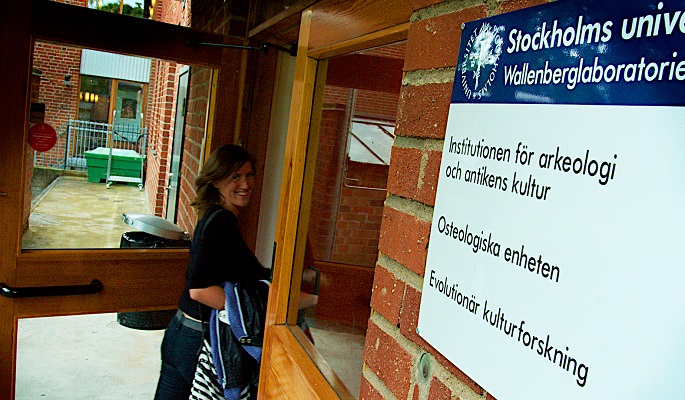
The Centre for Cultural Evolution (CEK) at Stockholm University conducts interdisciplinary research on the causal mechanisms that shape and transform human culture in both the short and long term. Cultural evolution is not merely a label for a specific theory, but rather a unifying field for interdisciplinary investigations into cultural emergence and change. Human culture is in a constant state of flux, displaying remarkable diversity and manifesting in nearly every aspect of human life. The term 'culture' encompasses its broadest definition, including all phenomena that depend, to some extent, on social transmission, such as language, religion, laws, politics, technology, and art. The centre was founded in 2001 as an interdisciplinary project and become an official centre at the university in 2007. I was the director until the end of 2022.
CEK aims to bridge the gap between biology and the humanities, as well as between various disciplines and research programs within the humanities. We believe that the dichotomy between natural science and the humanities is artificial and unjustified in the study of culture, and that cross-disciplinary collaboration can invigorate research.
Scientific progress often arises from a strong interplay between data and theory. Empirical data provides inspiration and guidance for theoretical work, which must then be tested by further empirical investigations. Mathematics is a crucial tool for formalizing ideas and theories, assessing logical consequences, and generating testable hypotheses. At CEK, theoretical, mathematical, and empirical approaches and perspectives coexist in parallel across a wide range of disciplines.
CEK's vision is a competitive scientific environment in which scholars and students from the humanities, natural and social sciences, and mathematics can collaborate and learn from one another's expertise and methodologies. .
